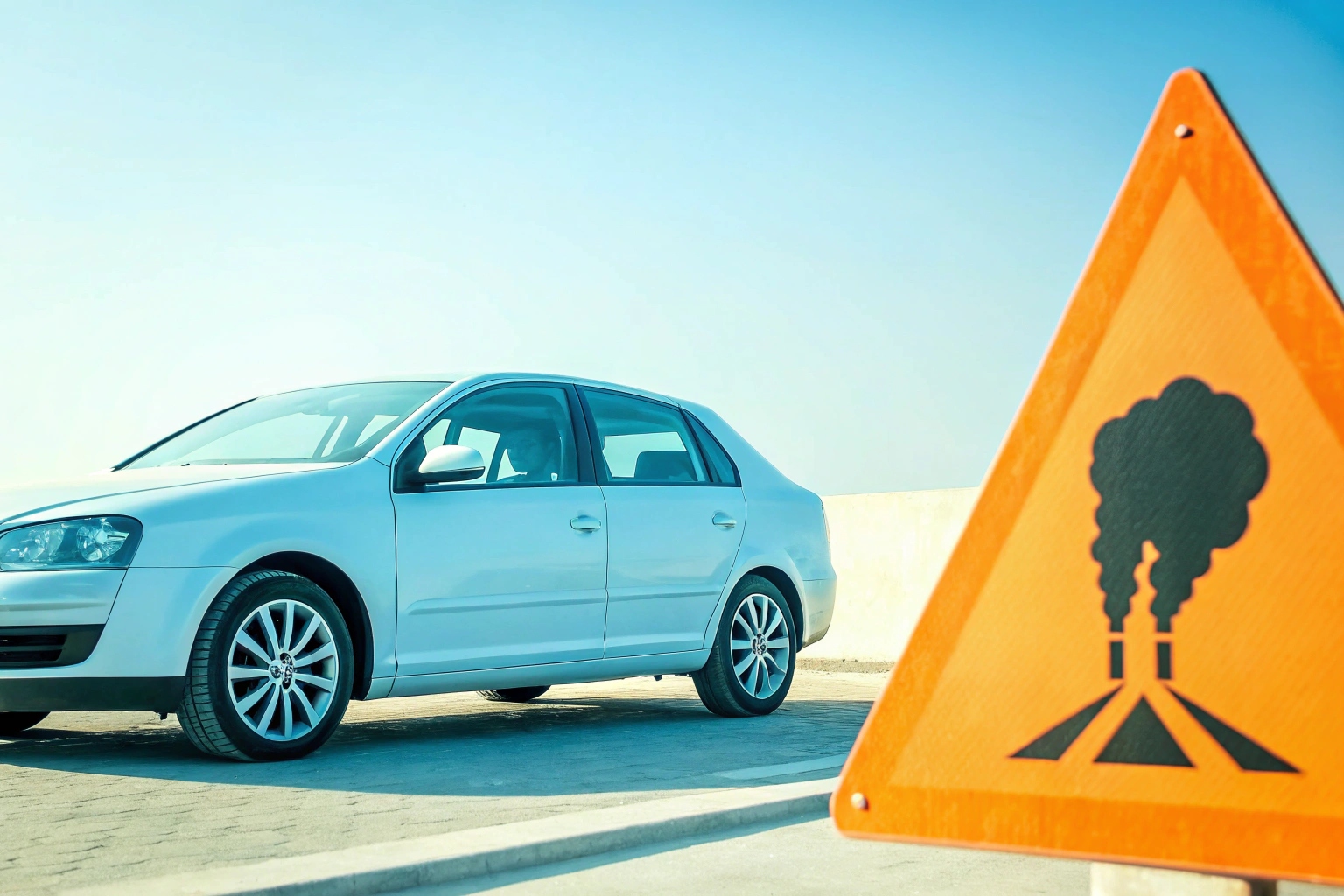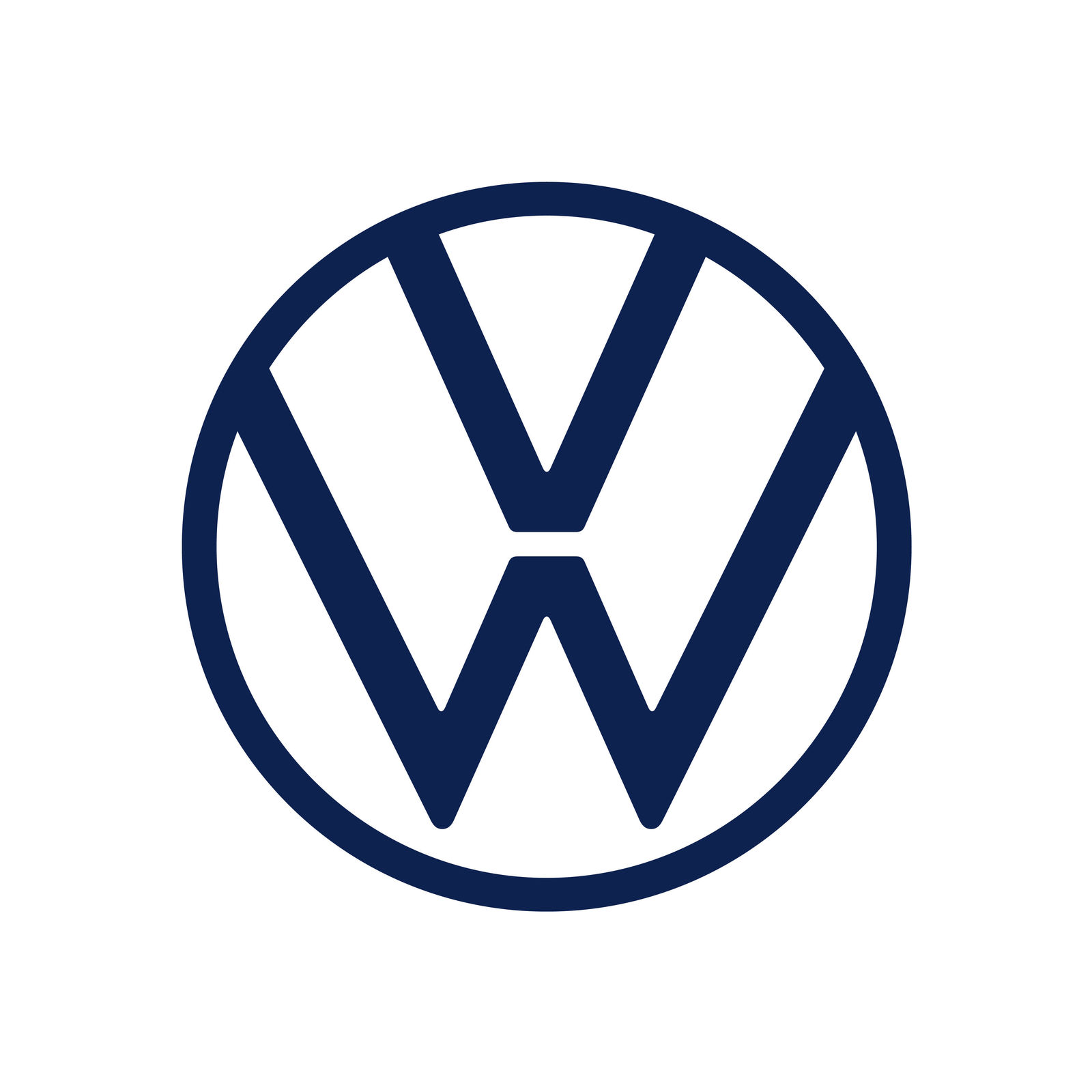
18 Sep Trust Incident Volkswagen

Case Author
Perplexity AI, V. February 2025, Perplexity, ChatGPT o1 for model constructs and cues, peer reviewed by DeepThink R1, DeepSeek.
Date Of Creation
13.02.2025

Incident Summary
Dieselgate: Volkswagen was found to have installed ""defeat devices"" in diesel engines to cheat emissions tests, affecting millions of vehicles worldwide and severely damaging the company reputation and finances. Addendum: Include health/environmental impacts: ""The deception caused vehicles to emit up to 40x more NOx pollutants, linked to respiratory illnesses and environmental harm. Global legal penalties exceeded $30 billion.""
Ai Case Flag
non-AI
Name Of The Affected Entity
Volkswagen
Brand Evaluation
5
Upload The Logo Of The Affected Entity
Industry
Automotive Industry
Year Of Incident
2015
Upload An Image Illustrating The Case
Key Trigger
Discovery of emissions cheating software by US regulators
Detailed Description Of What Happened
In September 2015, the US Environmental Protection Agency (EPA) found that Volkswagen had intentionally programmed turbocharged direct injection (TDI) diesel engines to activate emission controls only during laboratory emissions testing. This software, known as a ""defeat device,"" caused the vehicles to meet US standards during regulatory testing but emit up to 40 times more NOx in real-world driving. The programming caused the vehicles to emit different levels of pollutants in real-world driving compared to testing conditions. Volkswagen deployed this software in about 11 million cars worldwide, including 500,000 in the United States, for model years 2009 through 2015.
Primary Trust Violation Type
Integrity-Based
Secondary Trust Violation Type
Benevolence-Based
Analytics Ai Failure Type
N/A
Ai Risk Affected By The Incident
N/A
Capability Reputation Evaluation
5
Capability Reputation Rationales
Prior to the emissions scandal, Volkswagen had an exceptional reputation for engineering excellence and innovation. The company was known for producing high-quality, reliable vehicles across various market segments. VW capability reputation was built on decades of automotive innovation, strong sales performance globally, and a diverse portfolio of brands including Audi, Porsche, and Bentley. Their technical competence was evident in their advanced diesel engine technology, which was perceived as both powerful and fuel-efficient. The company operational reliability was reflected in strong customer loyalty and consistent market share growth. VW was also recognized for its manufacturing prowess and efficiency, setting industry benchmarks in production techniques. Addendum: Highlight pre-scandal market leadership: ""VW was the world’s largest automaker by sales in 2015, with advanced TDI engines marketed as eco-friendly innovations.""
Character Reputation Evaluation
4
Character Reputation Rationales
Before the scandal, Volkswagen enjoyed a strong ethical reputation built on German engineering values and corporate responsibility. The company was perceived as transparent in its operations and committed to environmental sustainability, particularly through its promotion of ""clean diesel"" technology. VW demonstrated benevolence through various corporate social responsibility initiatives and maintained positive relationships with stakeholders, including employees and local communities where it operated. The brand long history contributed to a perception of stability and traditional values. VW was also known for its adherence to stringent European environmental standards, which further bolstered its ethical image. However, some concerns existed about the company corporate governance structure and the influence of its major shareholders. Addendum: Note contradictions: ""VW’s clean diesel marketing masked the fraud, indicating pre-existing transparency gaps in environmental claims.""
Reputation Financial Damage
Reputation and/or financial damage: The emissions scandal caused severe damage to Volkswagen reputation and finances. The company stock price plummeted by about 30% in the days following the revelation. VW faced billions of euros in fines, penalties, and compensation payments. The scandal eroded consumer trust, particularly in key markets like the US and Europe, leading to a significant drop in sales of diesel vehicles. VW brand value decreased substantially, and the company faced numerous lawsuits from consumers, shareholders, and governments. The incident also sparked broader scrutiny of the automotive industry emissions testing practices and accelerated the shift towards electric vehicles. Addendum: Quantify fines: ""Total penalties reached 33.3 billiong lobally, including 14.7 billion in U.S. settlements. Stock dropped 37% in one week (Sept 2015).""
Severity Of Incident
5
Company Immediate Action
Volkswagen initially denied the allegations but quickly admitted to the wrongdoing when presented with evidence. The company issued a public apology, initiated an internal investigation, and suspended several top executives. They also announced a recall of affected vehicles and committed to cooperating with regulatory authorities. Addendum: Specify leadership changes: ""CEO Martin Winterkorn resigned, and nine executives were suspended.
Response Effectiveness
The initial response was largely ineffective. The company attempt to deny the allegations before admitting fault damaged credibility. The subsequent actions, including leadership changes and commitments to rectify the issue, were seen as necessary but insufficient given the scale of the deception. The effectiveness was limited by the perception that VW acted only when caught, rather than proactively addressing the issue.
Upload Supporting Material
Model L1 Elements Affected By Incident
Reciprocity, Brand, Social Adaptor, Social Protector
Reciprocity Model L2 Cues
Transparency & Explainability, Accountability & Liability
Brand Model L2 Cues
Brand Ethics & Moral Values, Brand Image & Reputation
Social Adaptor Model L2 Cues
Compliance & Regulatory Features
Social Protector Model L2 Cues
Media Coverage & Press Mentions
Response Strategy Chosen
Apology, Reparations & Corrective Action
Mitigation Strategy
Volkswagen adopted a multi-faceted response strategy combining apology with reparations and corrective action. After initial denials, the company issued public apologies acknowledging the wrongdoing and expressing regret for betraying customer trust. VW took responsibility for the incident and committed to transparency throughout the investigation process. As part of their reparations, they offered compensation to affected customers and initiated a massive recall program. The corrective action involved leadership changes, restructuring of the company governance, and a shift in corporate strategy towards electric vehicles. This strategy aimed to demonstrate accountability, provide restitution to affected customers, and prevent future incidents through systemic improvements.
Model L1 Elements Of Choice For Mitigation
Reciprocity, Brand, Social Adaptor
L2 Cues Used For Mitigation
Transparency & Explainability, Accountability & Liability, Compliance & Regulatory Features
Further References
https://www.epa.gov/vw/learn-about-volkswagen-violations, https://www.bbc.com/news/business-34324772, https://www.nytimes.com/2015/09/23/business/international/volkswagen-diesel-car-scandal.html
Curated
1

The Trust Incident Database is a structured repository designed to document and analyze cases where data analytics or AI failures have led to trust breaches.
© 2025, Copyright Glinz & Company




No Comments